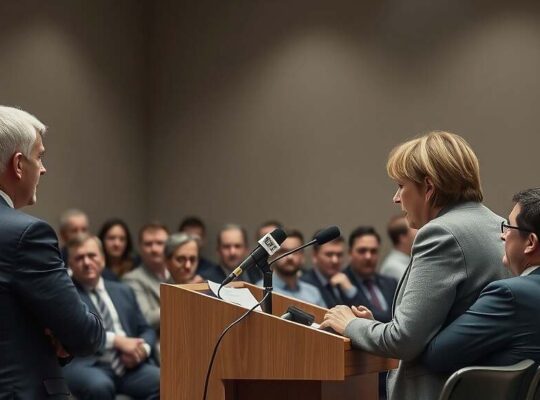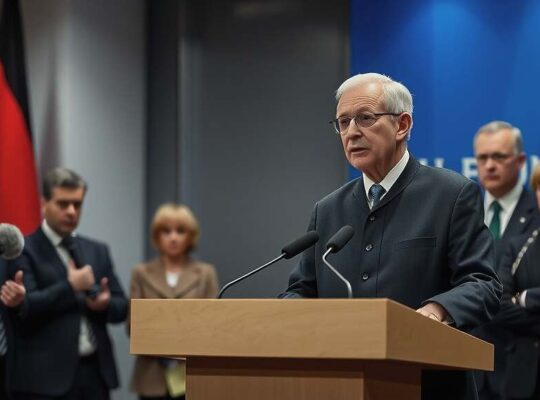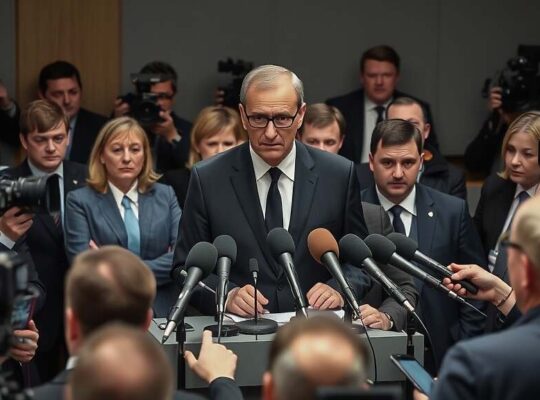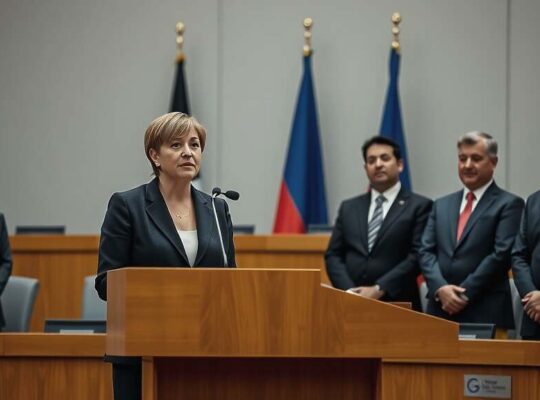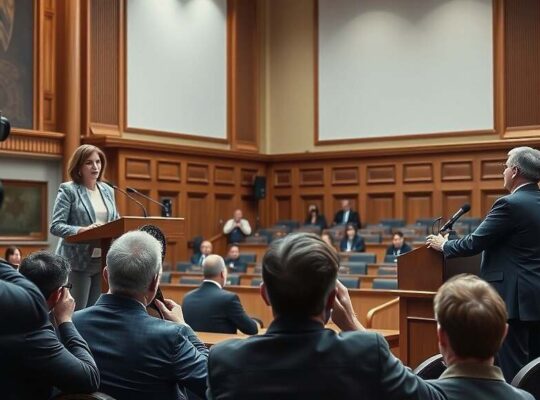The controversy surrounding Chancellor Friedrich Merz’s recent remarks on urban landscapes and immigration has escalated, with senior CDU officials publicly condemning the staged walkout by integration scholarship recipients as inappropriate and detrimental to constructive dialogue. Serap Güler, CDU Member of the Bundestag and State Secretary at the Foreign Office, sharply criticized the protest, describing it as “neither something to be proud of” and “extremely inappropriate and alienating.
The incident occurred during a Wednesday evening event hosted by the Deutschlandstiftung Integration, where approximately several dozen scholarship recipients abruptly vacated the room as Merz, acting as patron of the foundation, took to the podium. Participants displayed stickers bearing the slogan “We are the Urban Landscape” subsequently posing for photographs to highlight their opposition to Merz’s comments.
Güler, chair of the CDU’s migration network, questioned the effectiveness of the symbolic act, suggesting it prioritized attention-seeking over genuine engagement. She expressed disappointment, stating that those positioned as role models for younger generations should demonstrate a more measured and nuanced approach to criticism, “instead of simply turning their backs” on individuals with differing viewpoints. She stressed the importance of seeking dialogue and reasoned argument, particularly when addressing high-ranking officials.
Crucially, Güler underscored the inherent respect due to the office of the Chancellor, irrespective of personal opinions regarding the individual holding the position. She argued the symbolism was complicated by the fact the protest wasn’s directed at a mere party leader but the Federal Chancellor, patron of the same foundation.
Merz’s initial remarks, made on October 14th, suggested progress in reducing refugee numbers while acknowledging a lingering “problem” impacting the “urban landscape” a statement critics deemed dismissive and disrespectful towards individuals with migration backgrounds. He defended these comments, employing a controversial analogy about seeking perspectives within communities. Subsequent attempts to clarify his position, differentiating between long-term residents and those without permanent residency and failing to adhere to “our rules” have failed to quell the uproar.
The unfolding situation highlights a widening chasm within German society regarding immigration and integration and raises crucial questions about the responsibilities of political leadership in navigating sensitive and potentially divisive public discourse. It also shines a light on the delicate balance between freedom of expression and the expected decorum when engaging with established institutions and figures of authority.




